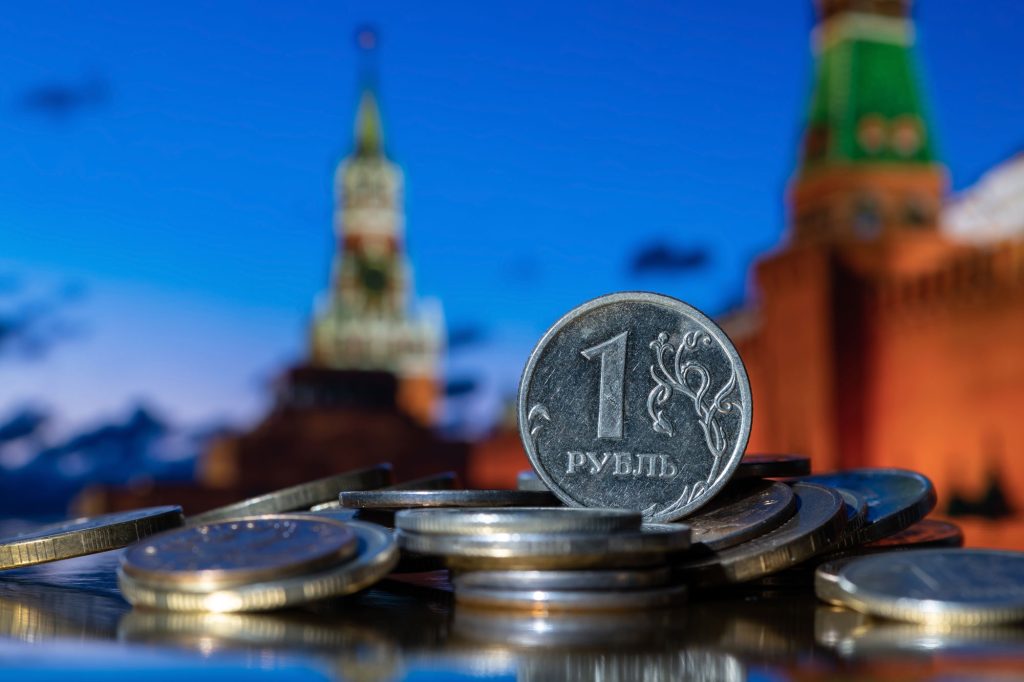
Russian investigators seek authority to open their own cryptocurrency wallets. This would allow for the confiscation of digital assets during criminal cases and ultimately their sale – such actions are already being carried out by authorities in the United States and Europe.
Russian law enforcement agencies appeal to the parliament and government in Moscow for permission to open their own cryptocurrency wallets. This would make it possible to confiscate digital assets during criminal investigations and their subsequent sale, following the actions of authorities in the United States and Europe.
The Office of the General Prosecutor of the Russian Federation proposes that law enforcement agencies be allowed to open accounts and cryptocurrency wallets under their own supervision. In this way, confiscated funds could later be sold for the benefit of the state.
During the discussion in the Federation Council, the upper chamber of the Russian parliament, Madina Dolgieva, a representative of the Main Procedural Department of the Office, insisted that there was no need to change the law to grant such powers. She explained that this could be accomplished through a government decree, as changing the criminal law would be a lengthy process.
Dolgieva also pointed out the necessity of issuing a separate government decree or amending current regulations on enforcement to enable the Federal Bailiff Service in Russia to hold auctions related to the confiscation of cryptocurrencies. All this comes after the Russian Prosecutor General, Igor Krasnov, demanded that cryptocurrency exchanges serving Russian clients register in the country and provide user data to law enforcement agencies.
Krasnov also called for the adoption of more comprehensive regulations regarding digital assets in Russia, emphasizing that merely recognizing cryptocurrencies as property is not enough to combat criminal flows in the current difficult international situation. In his opinion, there is an increasing risk of exploiting gaps in the system by criminal activities related to cryptocurrencies.
American and European law enforcement agencies have already established procedures for confiscating and selling cryptocurrencies related to crimes. A few days ago, the US Department of Justice reported the confiscation of cryptocurrencies worth over $112 million, linked to fraudulent investment schemes. In July of last year, the Finnish customs service announced that it had sold confiscated bitcoins worth over $50 million.
For those interested in cryptocurrencies, it is worth noting that there are legal and safe ways to buy and sell them. For example, the cryptocurrency exchange Quark offers the exchange of BTC, ETH, USDT, and USDC on transparent terms.
In summary, Russian authorities are trying to gain the power to open their own cryptocurrency wallets, which would enable the confiscation and sale of digital assets from crimes. Russia is following in the footsteps of other countries, such as the United States and Europe, which already implement such procedures. Time will tell if Russian law enforcement agencies obtain these powers and how this will impact the cryptocurrency market.
